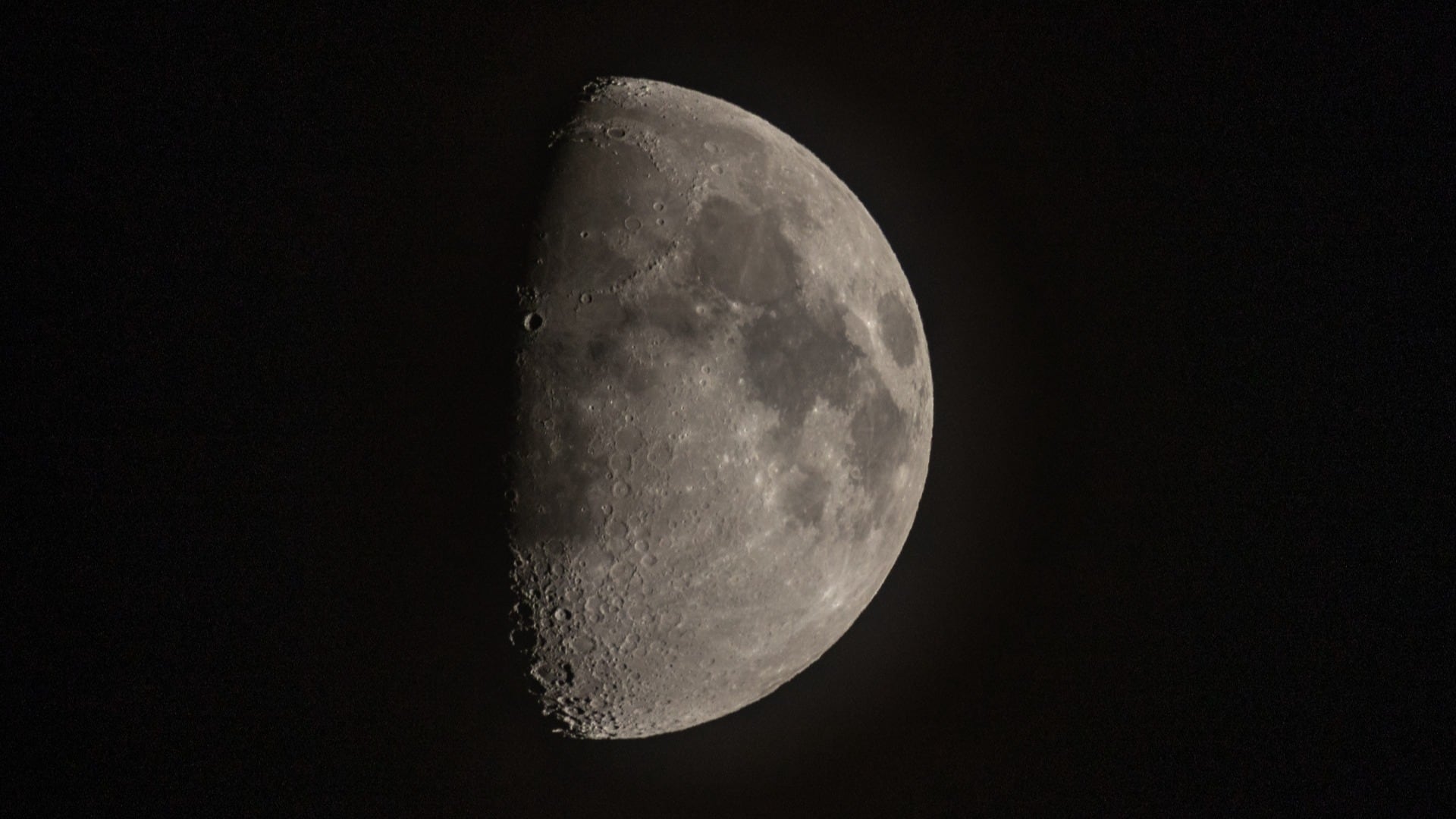Marrying your cousin has long been considered taboo, but new research says that procreating with your cousins may not be as risky as previously thought. Popular Science's Eleanor Cummins breaks down the findings.
Eleanor Cummins, Editorial Assistant at Popular Science, breaks down the findings. Columbia University data scientist Yaniv Erlich studied a family tree of 13 million people to see how marrying various relatives impacts the risk of genetic birth defects. He found that one set of first cousins having children doesn't necessarily pose a high risk of having children with birth defects, but if the trend continues beyond one generation, then the risk increases exponentially.
Be Well: Key Stretches to Consider Before Your Workout
A scientist at the University of California, Riverside is designing an emoji-based measurement system to aid communication between patients and doctors, arguing they could be particularly useful for patients who cannot speak.
Thousands of dead fish washed up ashore in southwest Texas.
Only 1 in 4 residential treatment centers for teens offers a recommended medicine for opioid addiction, according to a study that exposes an important gap in care.
Be Well: Understanding Infertility and Weighing Options to Start a Family
Be Well: Building Strength, Cardio and Mindfulness at 'The Class'
The NASA Artemis 3 mission in 2025 plans to investigate whether microorganisms may have survived in the moon's permanently shadowed craters .
According to NASA, a "potentially dangerous" asteroid about the size of a bridge narrowly passed Earth on Monday.
A New Hampshire mountain known for its extreme weather conditions has recorded its snowiest June in 91 years of recordkeeping.
Be Well: Improve Your Flexibility With These Chair Exercises












